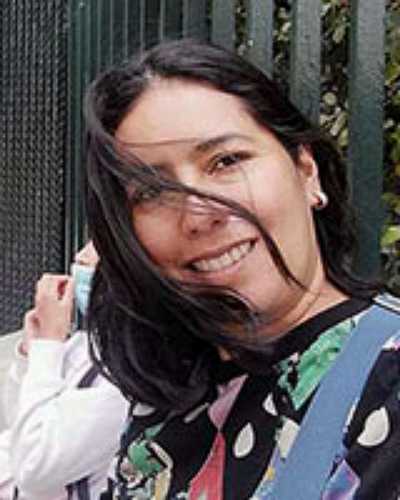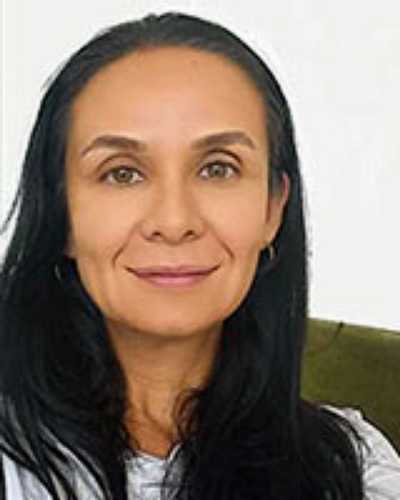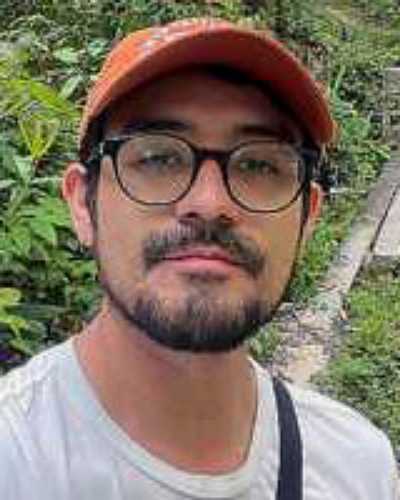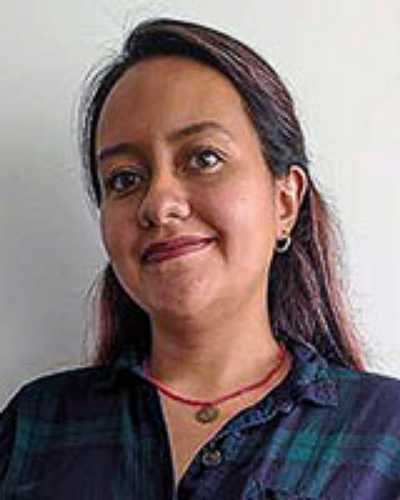Now published, see the full article 
Early Abstract:
Introduction: This article analyzes risk discourses around Dengue, Zika and Chikungunya constructed by lay people, community leaders and disease control experts from the fields of medical anthropology, medical sociology and public health.
Methods: A qualitative ethnographic study was conducted in a municipality in Colombia (December 2016 and January 2018) with semi-structured and open-ended interviews, informal dialogues, and fieldwork journal observations.
Results: This study found a mismatch in risk discourse about vector-borne diseases among health officials, lay people and community leaders. These discourses are linked to the sociocultural contexts in which people live and offer particular ways of giving meaning and acting in the face of disease prevention.
Conclusion: The findings show a multi-situated risk that refers to the inside and outside of their homes; the prevention practices mentioned by different actors, in which a continuity of tensions between lay people, leaders and government officials can be observed.




